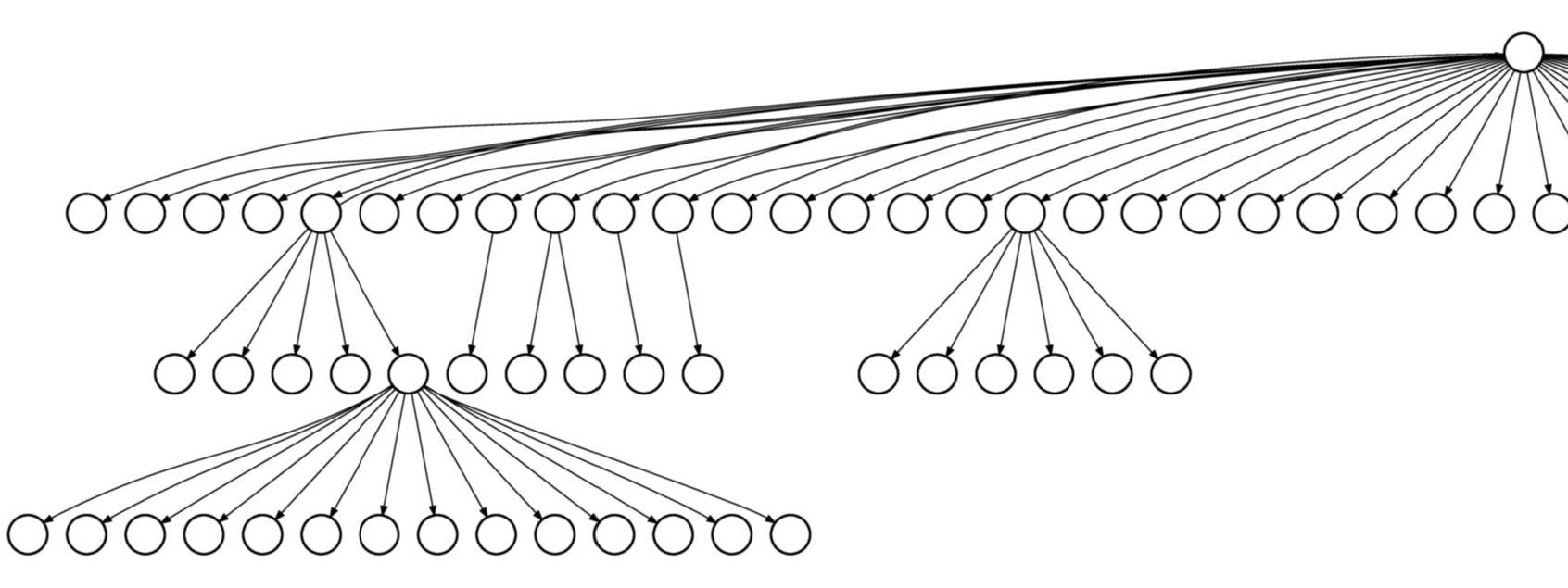The folks over at MIT and Harvard just created a system that loads webpages 34 percent faster without touching the network throughput.
The system is called Polaris and it accelerates website load times by decreasing the number of network trips that need to be taken. It does this by determining how to overlap the downloading of page objects.
Every time you try to open a webpage your browser has to reach out to the network to get objects. Those objects lead to the evaluation of more objects. Those objects are called dependencies and are usually hidden to the browser, forcing the browser to be conservative with the order it loads the objects, according to MIT News.
Polaris fixes this conservative approach by tracking all the interactions between objects and mapping them for the browser. Harvard professor James Mickens says the browser is like a traveling salesman moving from city to city.
“For a Web browser, loading all of a page’s objects is like visiting all of the cities,” Mickens says. “Polaris effectively gives you a list of all the cities before your trip actually begins. It’s what allows the browser to load a webpage more quickly.”
This sounds like great news for all of us who spend hours online, but the money is with the businesses who need their pages to load as quickly as possible. Amazon, for example, estimates they lose 1 percent of their profits for every 100-millisecond delay on their site.
Polaris is one of many innovations helping to keep pace with the increasing complexities of modern webpages.
H/T The Next Web | Photo via Ian Lamont/Flickr

